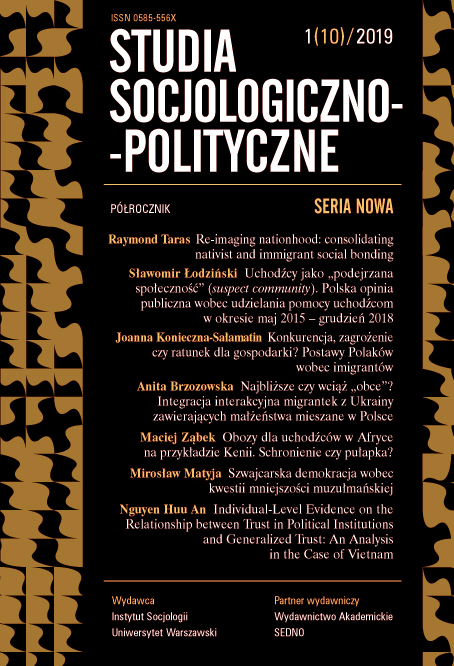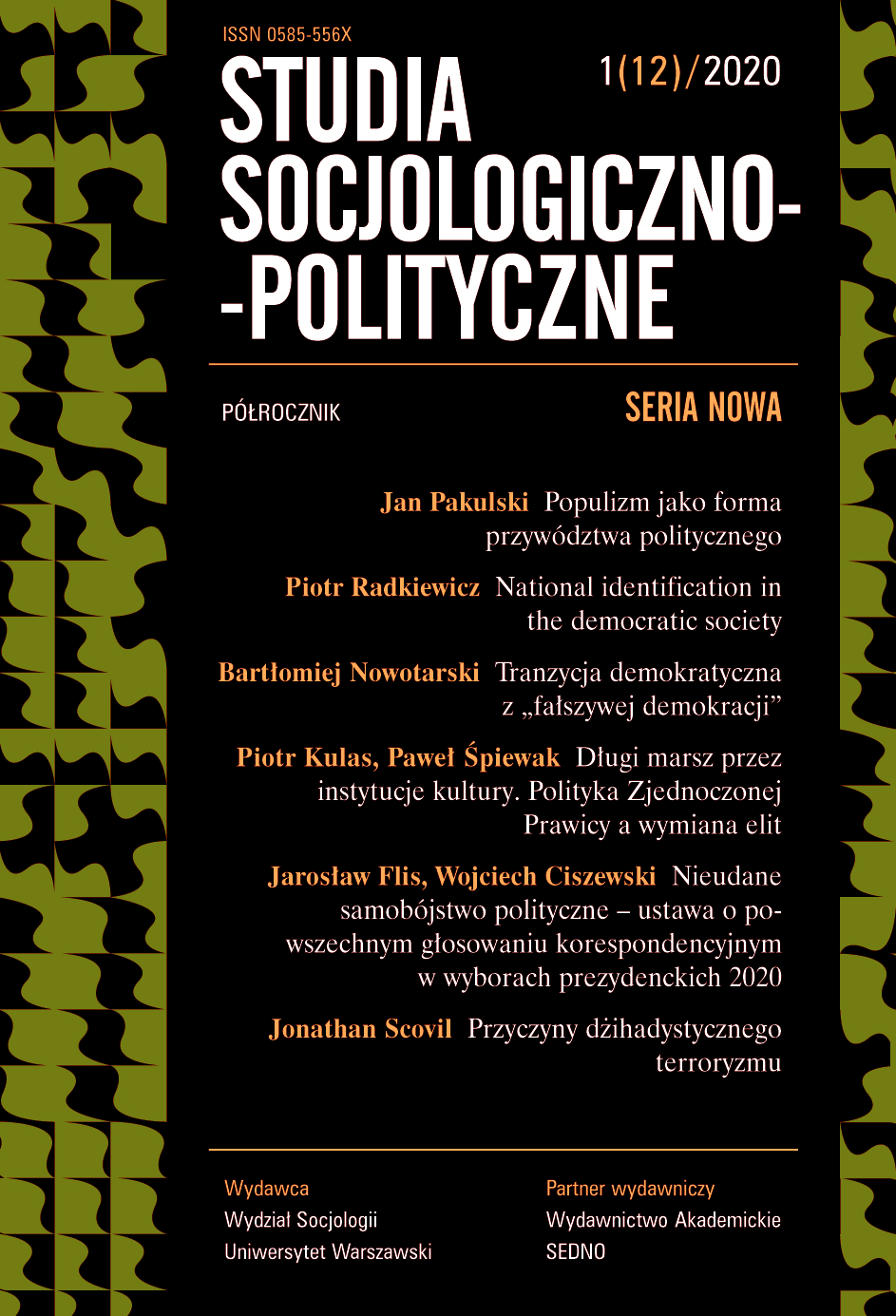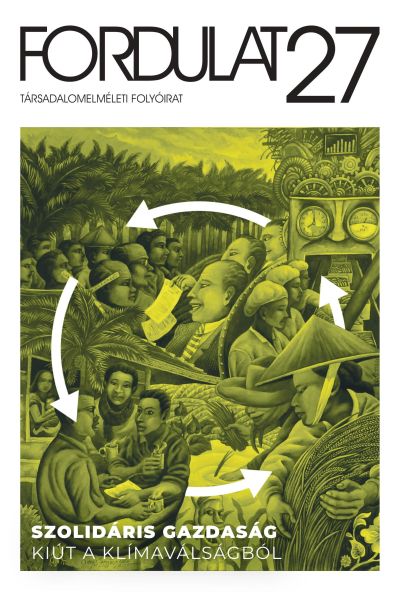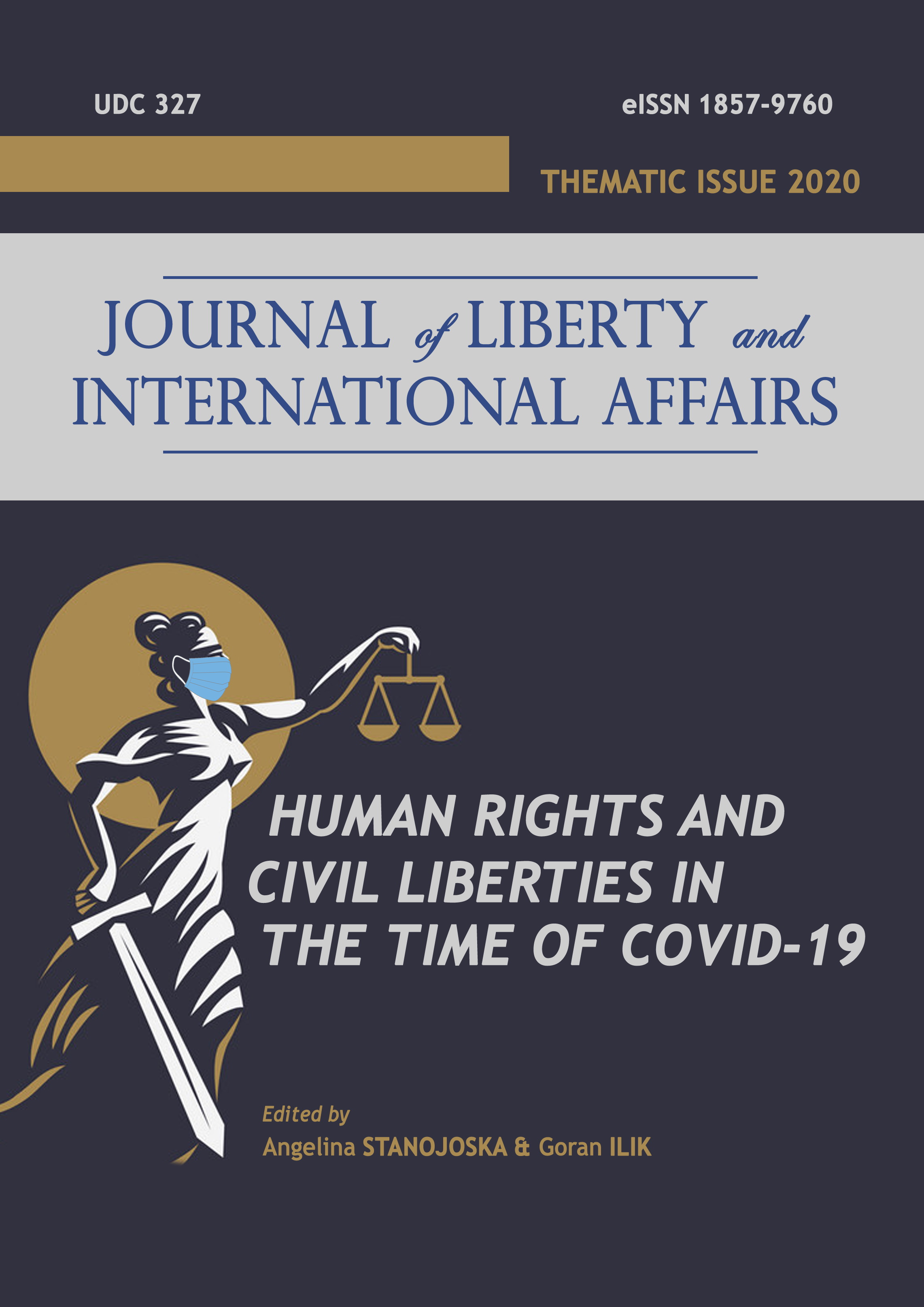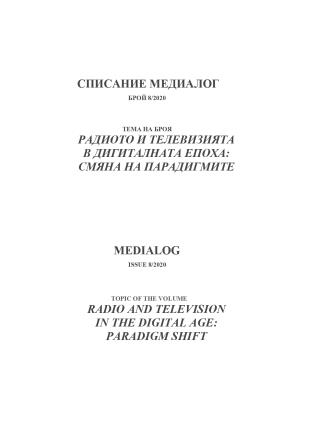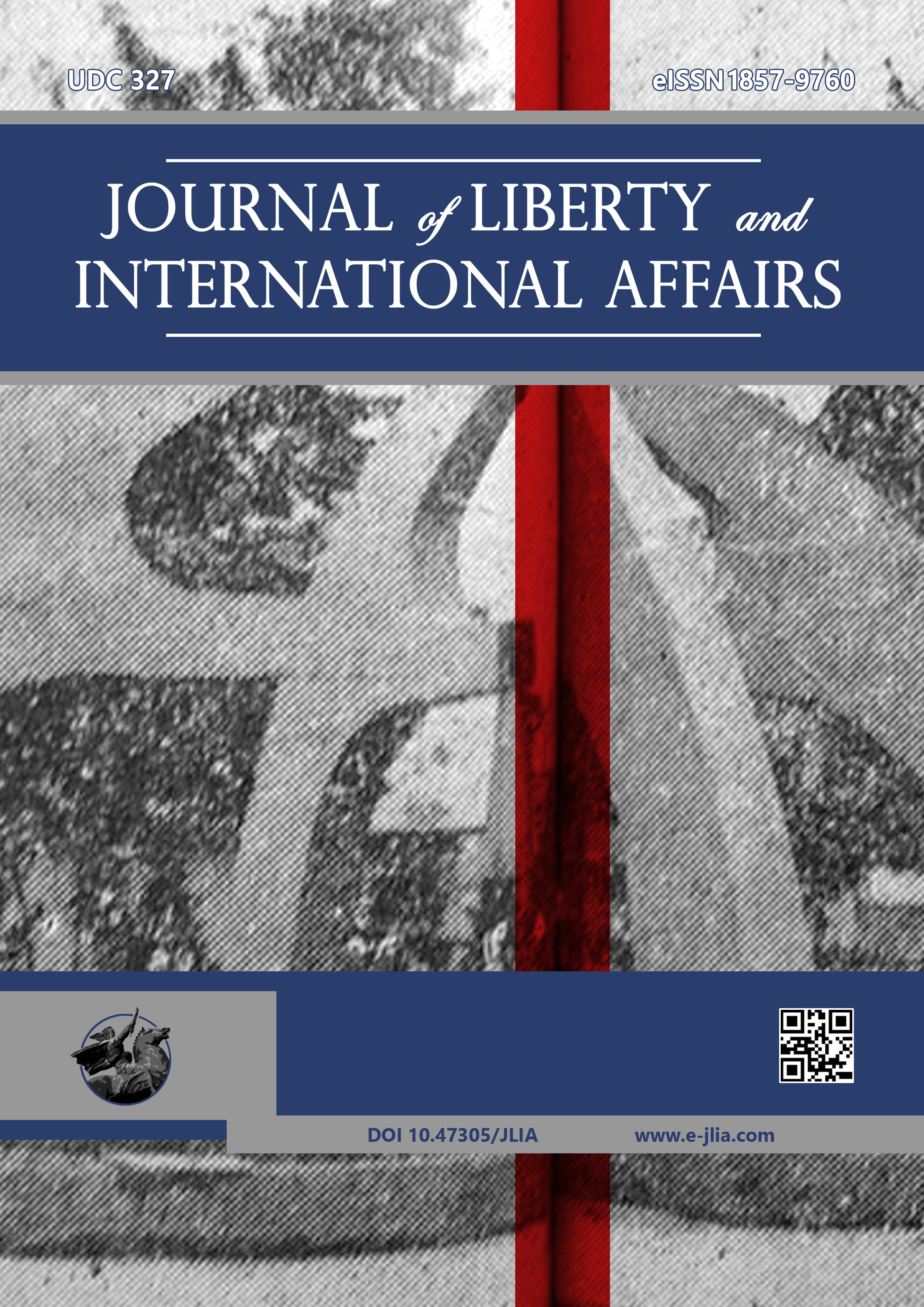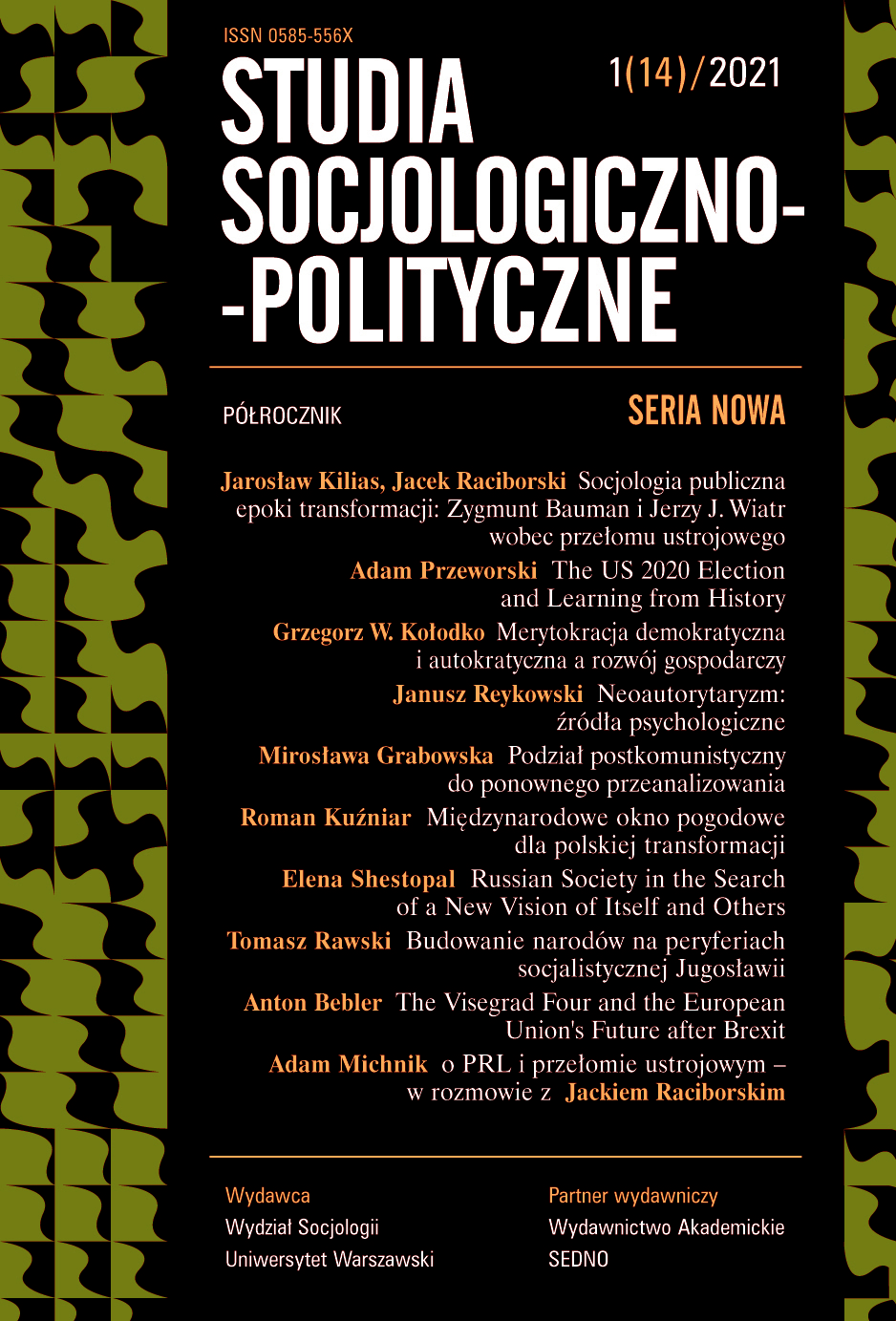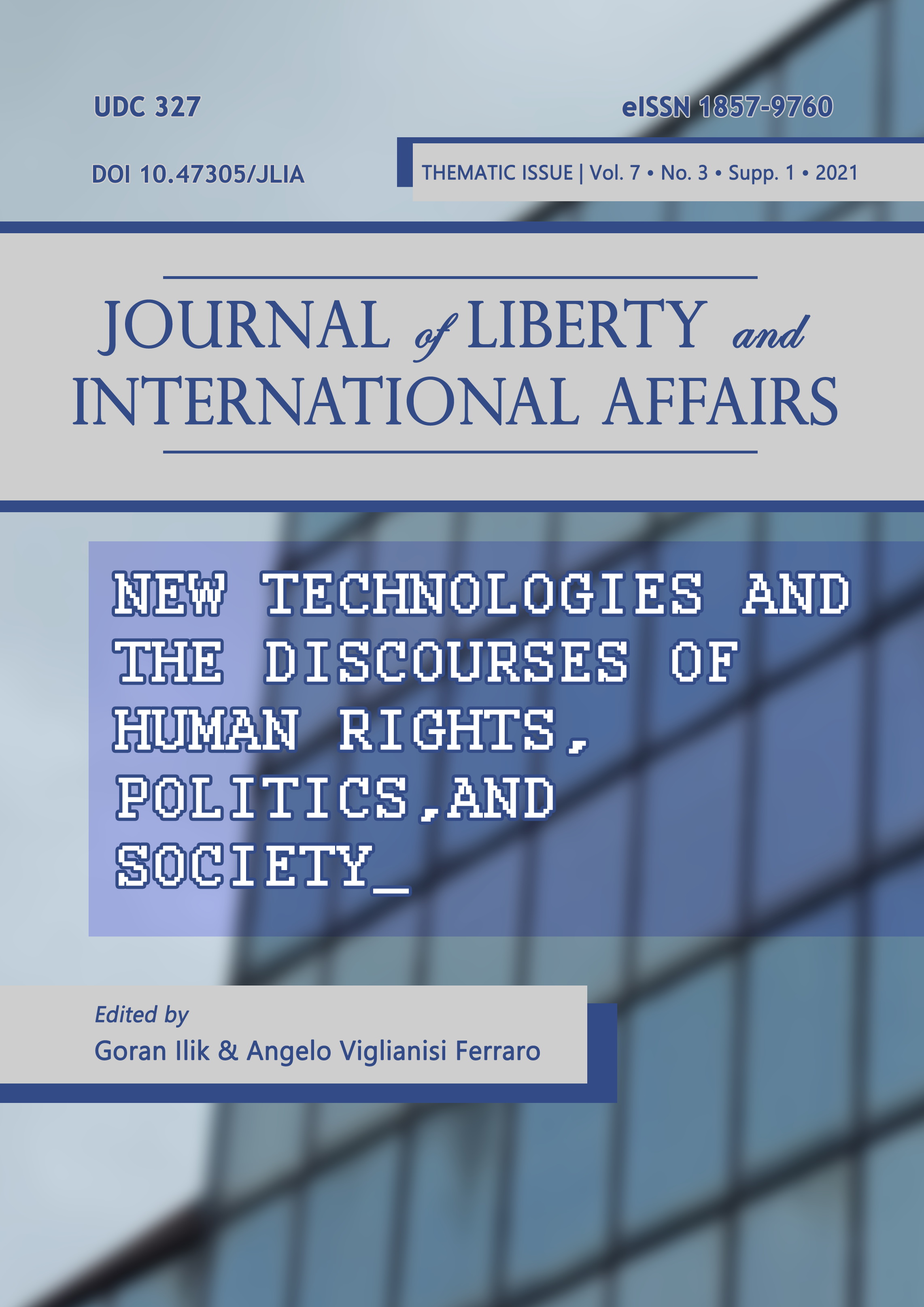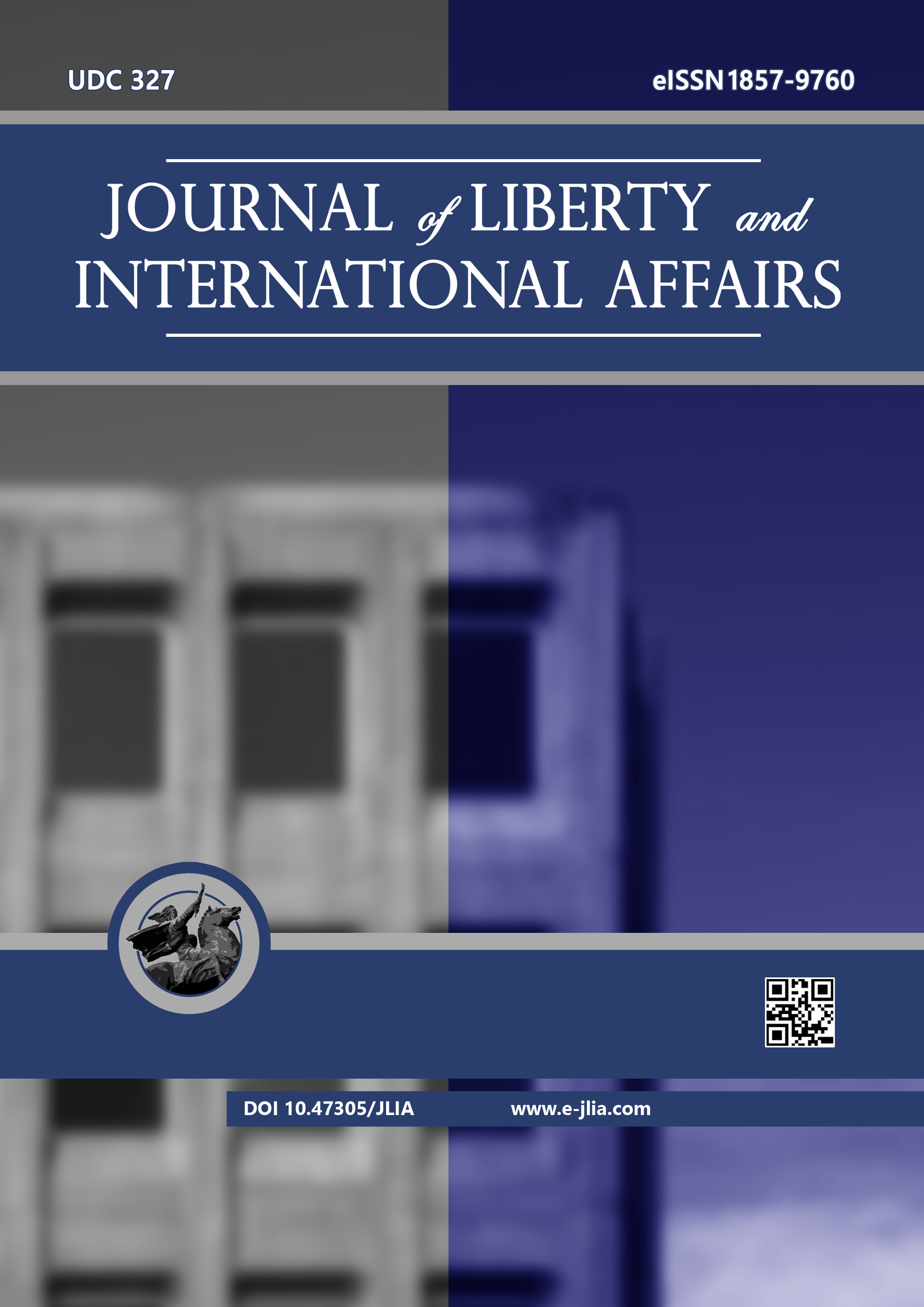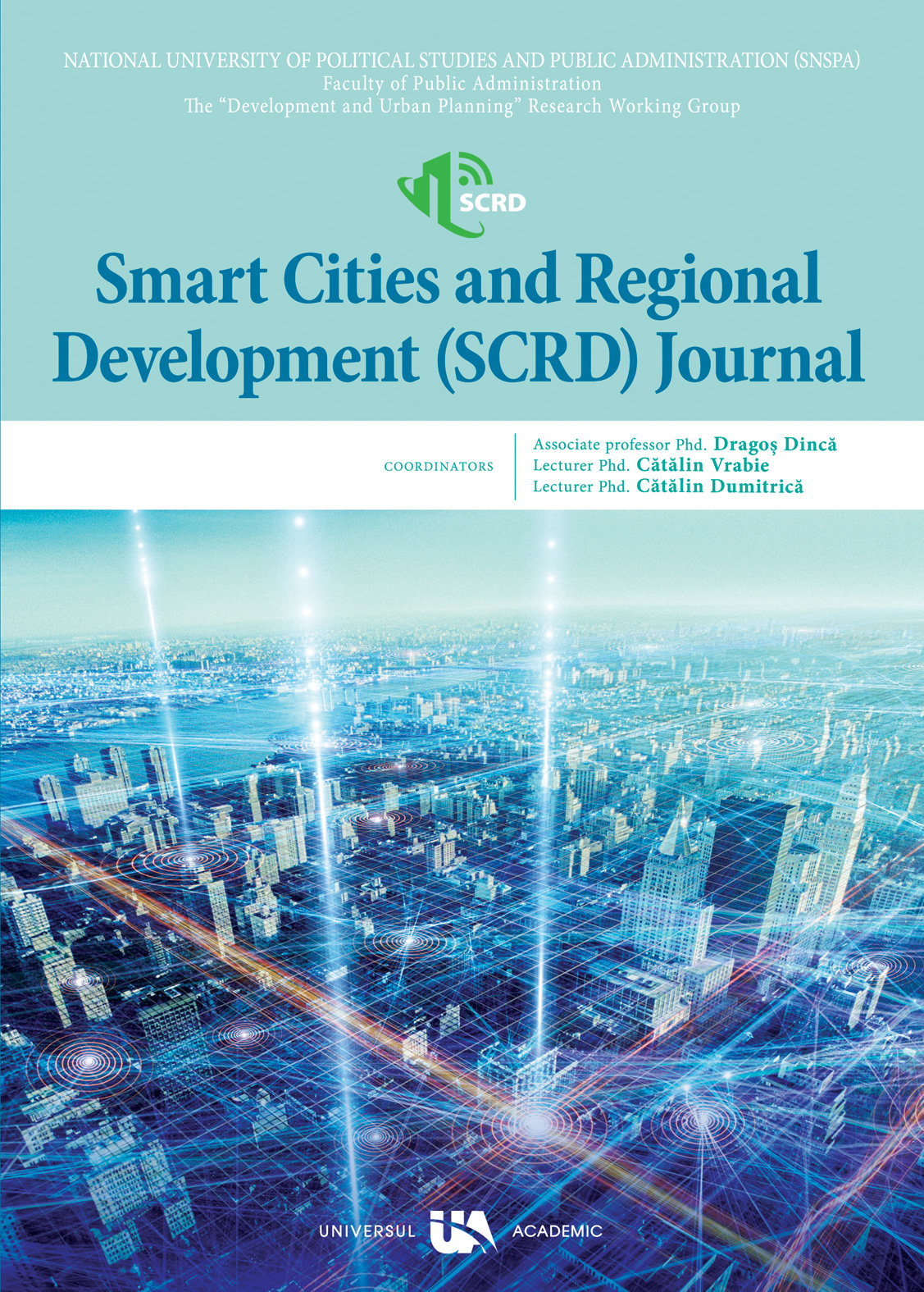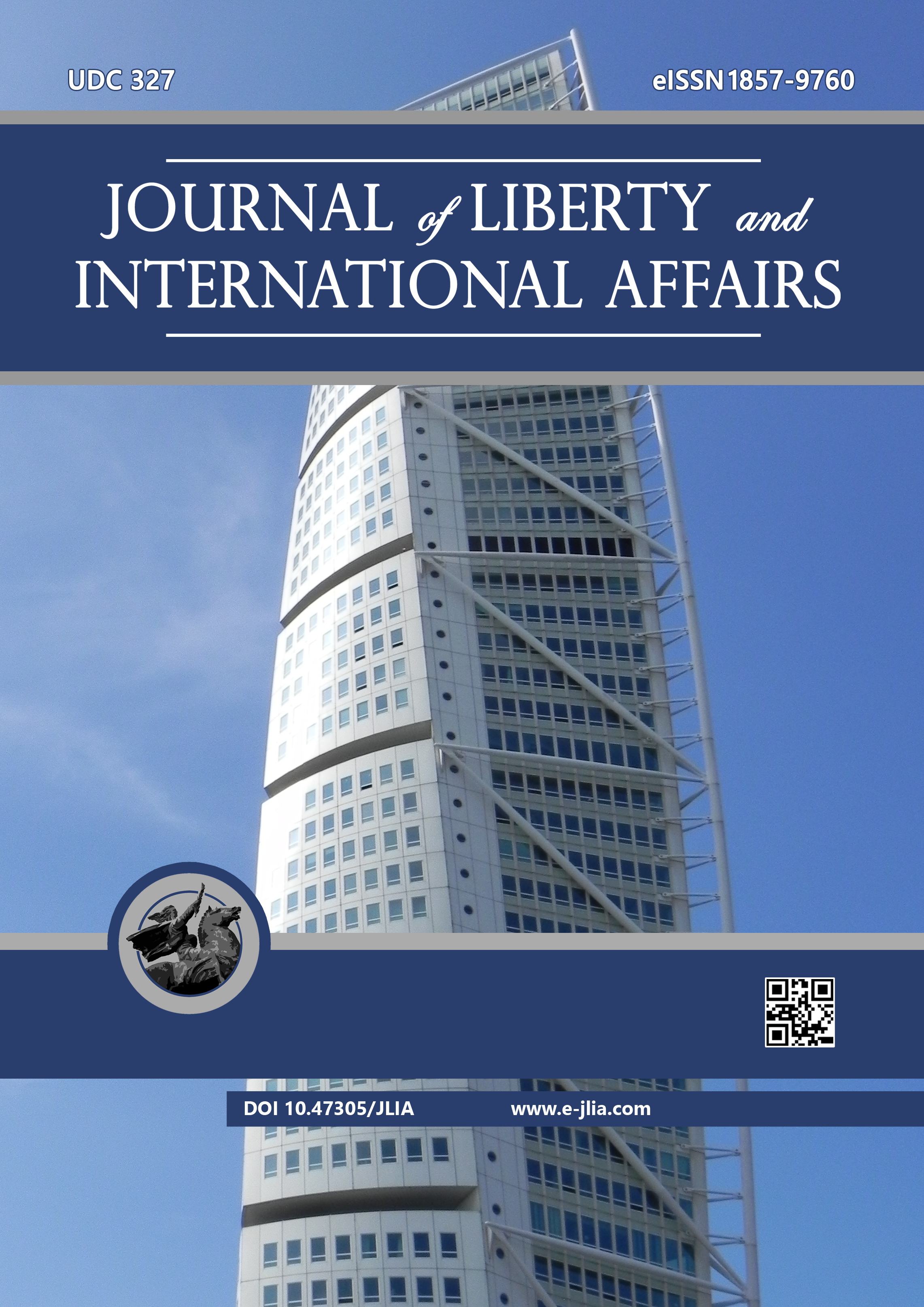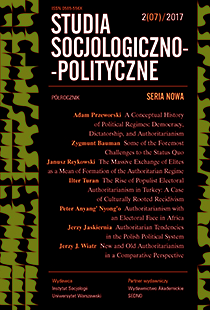
The Massive Exchange of Elites as a Mean of Formation of the Authoritarian Regime
After parliamentary election of 2015 in Poland the winning party (Law and Justice, PiS) initiated the major socio-political transformation labeled by its authors the “good change”. Its main characteristic is the process of the massive exchange of elites. The process of exchange of the elites has elaborated ideological justifications – broadly popularized legitimizing myth. Its main claim is the thesis about illegitimate origins of the Third Republic of Poland that was established after the fall of communism and about policies of the previous governments that were allegedly contrary to the basic interests of Poland. The practical realization of the idea of the massive exchange of elites might require certain conditions such as the existence of social groups that feel that the current system limits their chances for personal advancement, broad disappointment with the ruling elites, growing tolerance for authoritarian politics, social support for the change. It should be noted that some of these conditions exist, to the certain degree, in various countries of Europe and facilitate the development of the radical right wing movements. This paper describes some of the mechanisms of the change that on the abstract level are similar to processes of exchange of elites in other geo-political contexts.
More...
